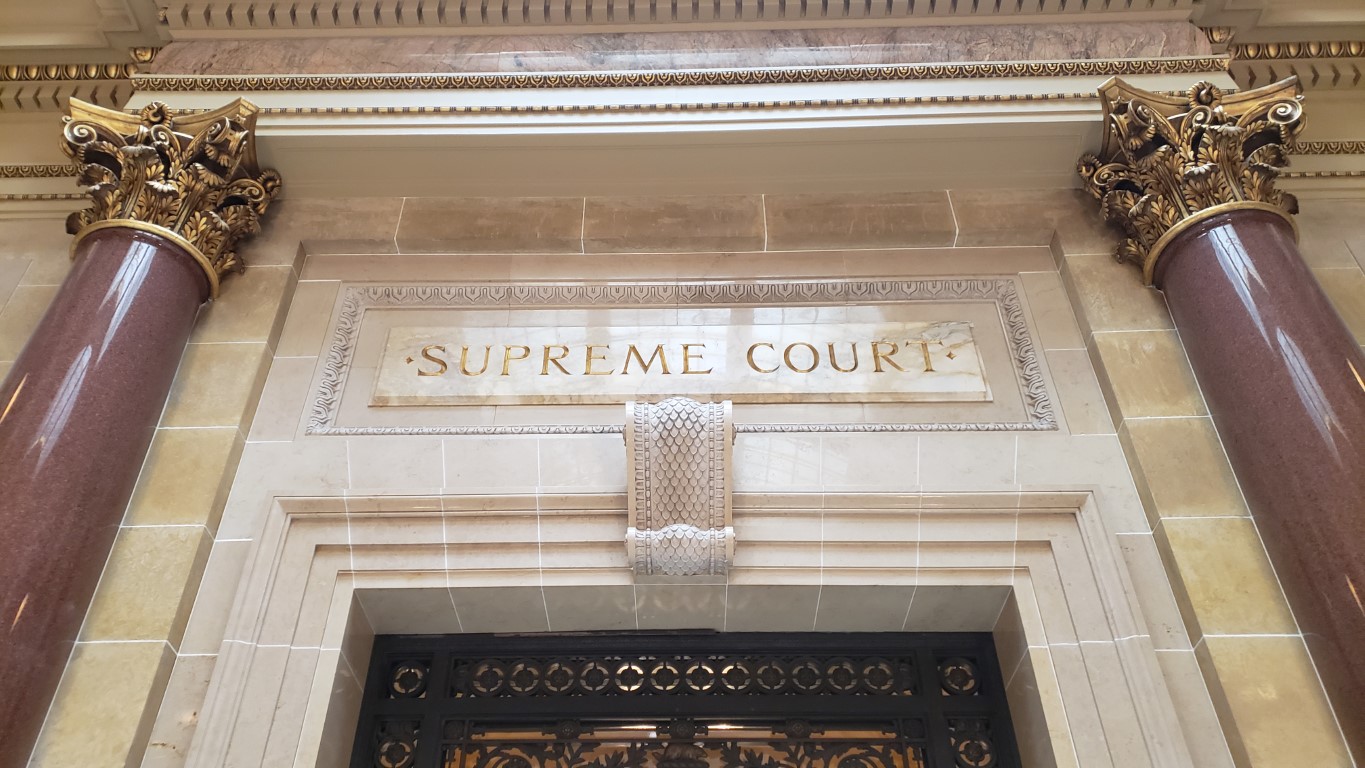The Green Party is weighing legal options after the state Supreme Court rejected its suit seeking to place presidential candidate Howie Hawkins on the Wisconsin ballot.
Otherwise, party backers will have to look at a write-in campaign for Hawkins and vice presidential candidate Angela Walker.
In a 4-3 decision, the court ruled it was too late to grant the relief the Green Party was seeking with ma...
Please log in to access subscriber content.
If you don't have a subscription, please contact schmies@wispolitics.com for subscription options on the WisPolitics-State Affairs platform, which is the new home for WisPolitics subscriber products.


